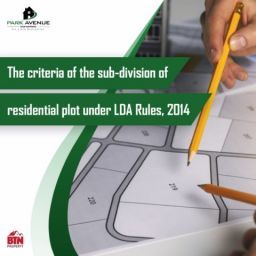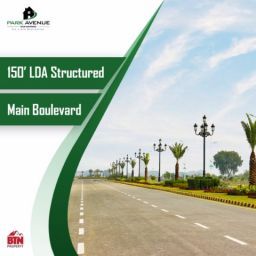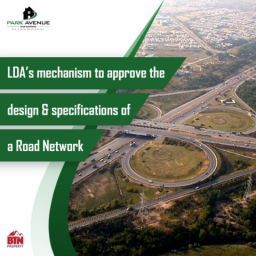The precise moment at which property passes from the seller to the buyer is an act of conveying property, in the present or future. Transfer of immovable property in Pakistan has to be evidenced by a written deed duly registered and stamped and should suffice to transfer the title to immovable property. One can transfer his land through sale, gift, lease, exchange, and actionable claims. Registration of your immovable property should be the topmost priority whenever you buy a house, land, or a commercial shop as it proves your legitimacy to carry out a transaction. You will only be considered the legal or rightful owner of the property if the property is registered in your name. Otherwise, the previous owner will be deemed the legal owner of your property. Resultantly, you won’t be able to sell or transfer the property.
With regards to the registration of the immovable property in the Punjab Province, the owner of the property will pay stamp duty that is 3% of the property’s value, town fee which is 1% of the property’s value, and capital value tax which is 2% of the property’s value. 1000 PKR is the fee for the registration of a sale deed before the registration authority. The process for the registration of the sale deed will be completed within 8 days after submitting it to the office of Sub-Registrar.
As per Section 17 of The Stamp Act, 1899, all the instruments chargeable with duty shall be duly stamped before or at the time of execution in Pakistan. A transfer of immovable property through sale can be affected by conveyance. To curb malpractice, the registration of conveyance deed must be duly stamped as per the schedule I of the Stamp Act, 1899 (Stamp duty on instruments) and to minimize the circulation of black money in the country. By transferring the property, the transferor will also pass all the benefits attached to the land to the transferee i.e. easements, rent, profits, and in case of a house all the things that are permanently attached to the property like windows, keys, locks, etc. as well.
















